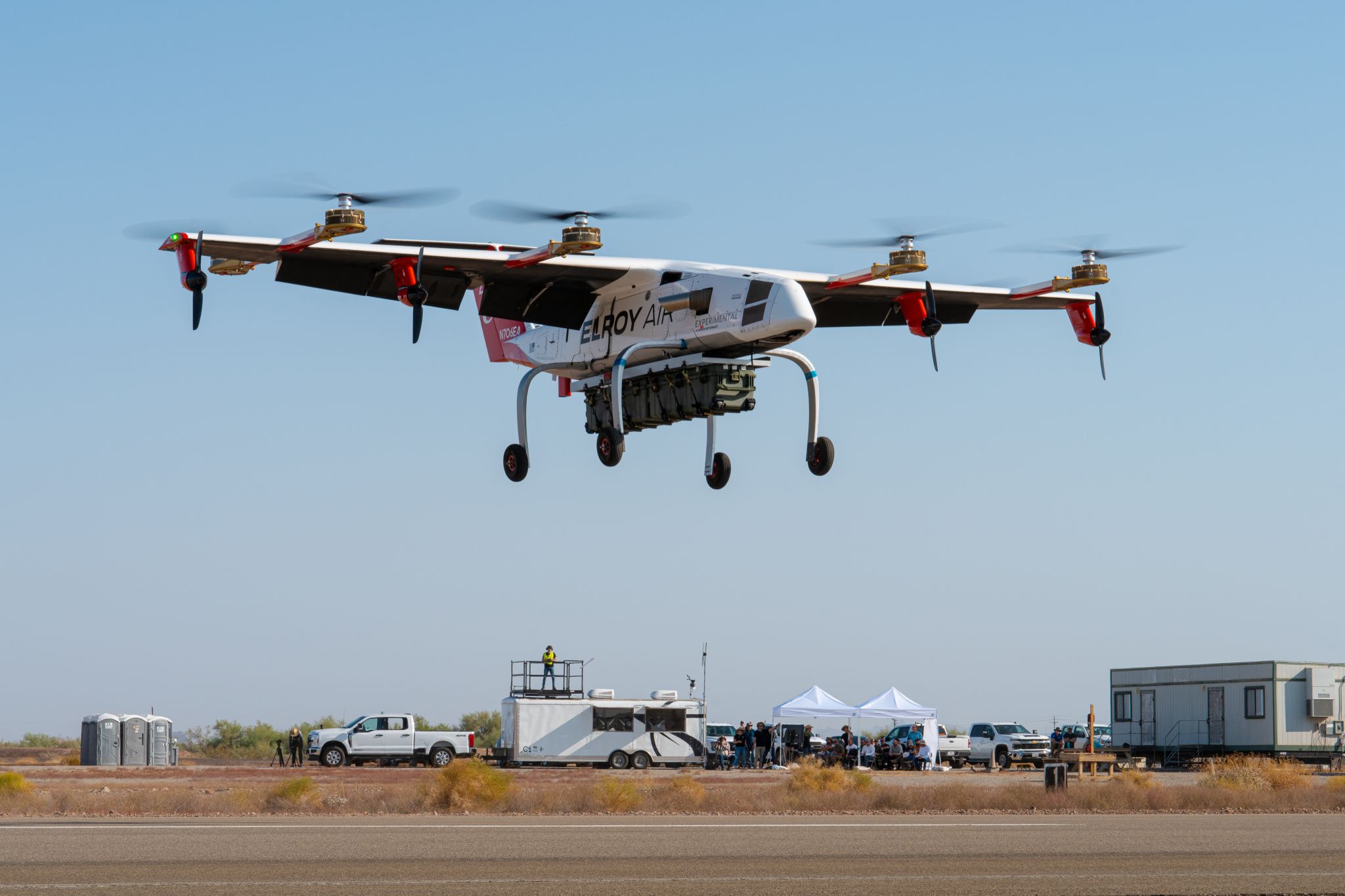Copyright defence-blog

The Japan Ground Self-Defense Force (JGSDF) is evaluating the U.S.-developed Chaparral unmanned aerial system for logistics operations between islands, a move aimed at strengthening Japan's ability to support remote units across its maritime domain. Developed by California-based Elroy Air, the Chaparral is a hybrid-electric vertical take-off and landing (VTOL) cargo drone designed to perform autonomous resupply missions in austere environments. In September, Elroy Air hosted JGSDF personnel for a series of validation tests in the United States, where the Chaparral demonstrated its ability to meet 22 performance benchmarks. According to the JGSDF, the initiative is part of its broader effort to enhance uncrewed logistics capabilities and support force posture in the country’s outlying island territories. “We are moving forward with the initiatives necessary for the introduction of various UAVs that can perform missions such as information gathering around Japan’s coasts and transportation of supplies to units deployed on islands,” the JGSDF said in a release. A test flight of Chaparral drone. (Elroy Air pic) During the week-long evaluation, the Chaparral completed a 25-mile autonomous point-to-point flight while carrying a 300-pound cargo payload. The system also operated under high wind conditions, underwent stowage procedures, and passed maintenance drills designed to simulate deployment and turnaround requirements in a military environment. In a company statement, Elroy Air said the Chaparral passed all 22 test items, validating its utility for island resupply and logistics under real-world conditions. "Hosting JGSDF for this intensive week of testing was an important milestone for Elroy Air. Demonstrating Chaparral’s performance across 22 capabilities shows the strength and maturity of the system, and underscores the value it will bring to logistics missions in challenging environments,” said Elroy Air CEO Andrew Clare. A Chaparral drone. (Elroy Air pic) The Chaparral is a hybrid-electric VTOL platform optimized for what the company describes as “middle-mile” logistics, meaning routes that connect forward bases or remote facilities without relying on fixed runways or ground infrastructure. With a wingspan of 26.3 feet and a length of 19.3 feet, the aircraft can carry 300 pounds of cargo over distances of up to 300 miles. It cruises at approximately 143 mph. The aircraft’s dual-rotor lift and pusher-propulsion system enable vertical takeoff and transition to forward flight, combining the vertical agility of a helicopter with the efficiency of a fixed-wing aircraft. The system is designed for autonomous operations with modular cargo pods, and can support both military and civilian logistics, including disaster relief and humanitarian missions. The trial comes amid growing attention in Japan to uncrewed systems that can support missions across the country’s island chains, many of which lie within operational reach of foreign militaries. Japanese defense planners are seeking to augment crewed platforms with automated systems that can operate with minimal infrastructure and reduce the burden on personnel. For U.S. defense stakeholders, the testing underscores growing interoperability efforts with allied forces in the Indo-Pacific. Elroy Air's collaboration with JGSDF may offer a pathway to field-tested uncrewed resupply capabilities that can be integrated into broader logistics and sustainment strategies in contested or hard-to-reach environments. If adopted, the Chaparral would serve as an unmanned solution to logistics challenges posed by archipelagic geography and limited ground infrastructure, offering flexible aerial access without placing additional burden on crewed aviation assets.



